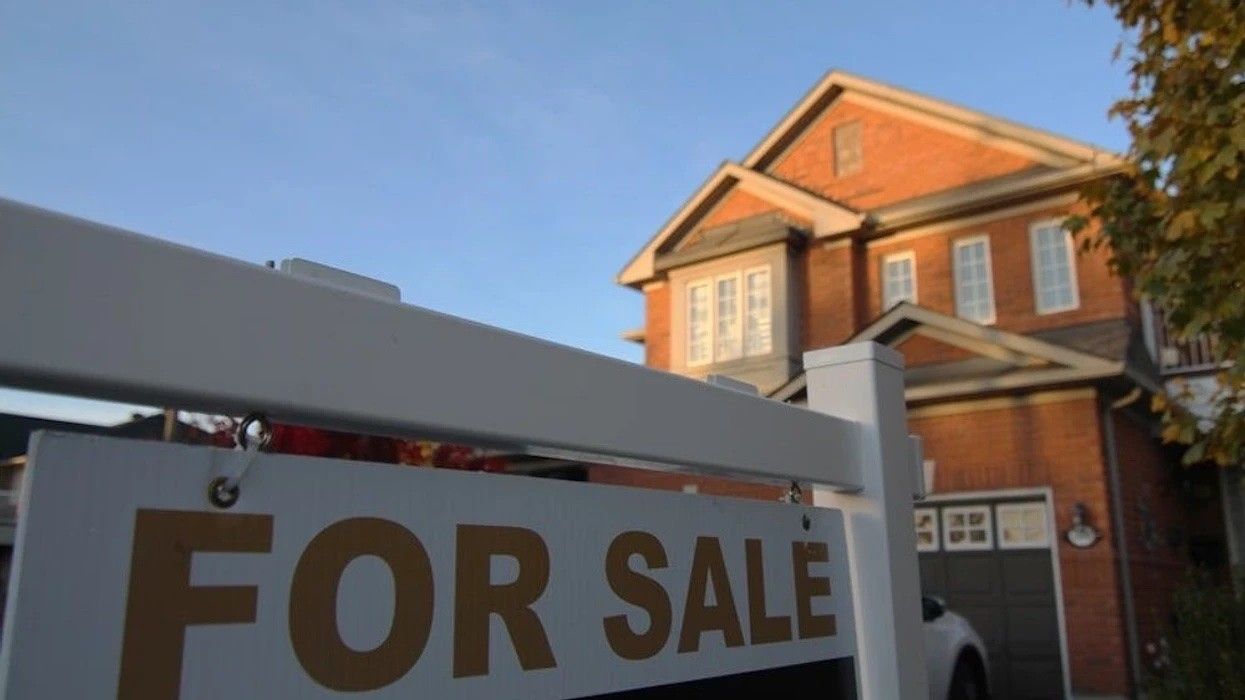The Greater Toronto Area has been approaching a buyers' market for some time, but it seems that September sealed the deal.
The Toronto Regional Real Estate Board (TRREB) reported on Wednesday that 4,642 home sales were recorded last month. That figure is down 12.3% month over month and 7.1% year over year. Meanwhile, new listings shot up 32.2% month over month and 44.1% year over year to 16,258 in September.
Those figures put the sales-to-new-listings ratio (SNLR) for September at around 28.6%, and anything under 40% suggests a buyer-friendly market. Conversely, if the ratio swings above 60%, it indicates sellers' territory. Anything in between 40% and 60% points to more balanced buying and selling conditions (as we saw in August, when the SNLR came in at around 43%, with 5,294 sales and 12,296 new listings recorded).
TRREB Chief Market Analyst Jason Mercer said on Wednesday that September’s uptick in new listing relative to the drop-off in sales suggests that “some buyers may benefit from more negotiating power.”
“This could help offset the impact of high borrowing costs,” he added.
When you consider the ultra-competitive conditions that characterized the pandemic-era real estate frenzy, there is some relief (for buyers) in knowing that the market has taken a turn.
But while buyer hopefuls won’t be forced into bidding wars or to waive home inspections, they will face prices that are still very high. Last month, TRREB reported that the average selling price clocked in at $1,119,428 — up 3.4% from August 2023 and 3% from September 2022.
That’s not to say that prices won’t fall as the Canadian economy weathers some semblance of a recession.
Last month, Desjardins forecasted that home values in Toronto could slip 16% below current levels by the end of 2024. By the fourth quarter of 2025, values could end up 30% under July 2023’s levels, the financial services company also noted.
Even so, Desjardins economists explained that “such a plunge would only bring the home-price‑to‑per-capita-disposable-income ratio back to where it was in late 2015,” which was considered to be a “record level of unaffordability at that time.”
As well, they said there are other social and economic factors that are bound to put a damper on home-buying ability in the coming months and years, including a $35B reduction in employment income and close to half a million total job losses by Q4 2025.
There are other headwinds at play for first-time buyers in particular, noted TRREB CEO John DiMichele on Wednesday.
“The average price of a condo apartment in Toronto is over $700,000,” said DiMichele. “Yet, the first-time buyer exemption threshold for the City’s upfront land transfer tax has remained at $400,000 for a decade and a half.”
So what does this all mean? In short, Toronto may technically be in buyers' market territory but that certainly doesn’t mean that home-buyer hopefuls will be in the position to, well, buy anytime soon.




















